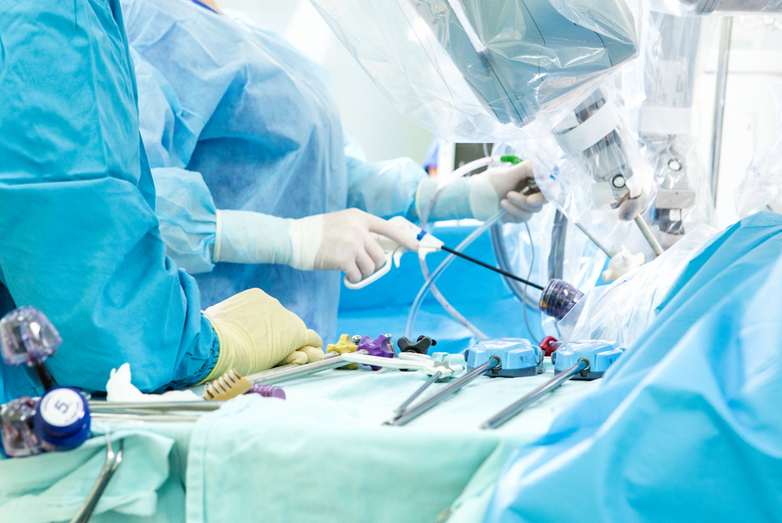Most bariatric surgery patients recover and resume normal activities within three to five weeks following surgery. The following tips can help you enjoy a speedy recovery.
Most people spend at least two to three days in the hospital following bariatric surgery, from there you will be moved back home to continue the healing and recovery process. While there are many benefits to undergoing bariatric surgery, the recovery part is the one drawback. Luckily, you will be 100% healed at some time in the near future, so remember that the discomfort and feelings of helplessness will soon be a thing of the past.
During the recovery period, it is perfectly normal to experience sleeplessness, fatigue, nausea and vomiting, light-headedness and gas pain, along with emotional ups and downs. Of course, if any of your symptoms seem worrisome it’s important to talk with your doctor. It’s better to be safe than sorry.
4 Things You Can Do for a Healthy and Quick Recovery After Bariatric Surgery
#1. Start Moving the First Night After Surgery
Ask your nurse or physical therapist to help you start moving the night after surgery. All you need to do is sit up in bed and dangle your feet over the edge. If you’re feeling up to it, stand up right beside your bed. It will be painful but from here on out it’ll hurt a little less each time.
#2. Walk it Out
The first full day following your surgery, you will be tasked with getting out of bed and walking. Your nurse or physical therapist will be there to help you every step of the way. From here on out, it’s incredibly important that you get up and walk at least three times per day.
#3. Do Breathing Exercises
While you are at the hospital, you will be instructed on how to cough and breathe deeply while using an “incentive spirometer” that’ll help you to expand your lungs. By breathing deeply and coughing you will loosen a buildup on secretions that can otherwise become stuck in your throat or lungs and lead to an increased risk of pneumonia. Deep breathing provides other benefits as well, such as increased circulation.
When practicing your breathing, make sure to inhale as deeply as possible; hold your breath for two seconds and then exhale fully. Repeat this process three times in a row, and then do it again throughout the day.
When coughing, inhale deeply, and then cough from your stomach, not from your throat. Try holding a pillow over your stomach for support.
#4. Keep Your Feet and Legs Moving
Even as you lie in bed you can exercise your feet and legs, getting them ready for walking all around again. Some small things you can do that’ll help make a big difference include:
- Press your toes towards the edge of your bed, pretend that you are driving a car and pushing down the gas pedal.
- Do the reverse of this by pulling your toes towards the head of your bed, then relax.
- Move your ankles in circular motions, first going in one direction and then switching it up in the other direction.
Repeat all of these exercises in increments of three.
In addition:
- Go to all of your follow up appointments to ensure you are healing properly and to get more tips and advice for a quick recovery.
- Avoid all activities that your doctor has put on the ‘banned list,’ such as vacuuming, lifting anything over 20 to 30 pounds, or sitting/standing for long periods without moving.
- Stay hydrated
A Ride You Can Count on for Bariatric Surgery and Recovery
Stellar Transportation specializes in Bariatric transportation, including a ride to and from surgery, as well as all of your post-operative care. Our staff of knowledgeable drivers are there to assist you with door-through-door stretcher transportation if needed. Learn more
Is your surgery scheduled for out of town or even out of state? No worries! We offer long distance transportation as well!

